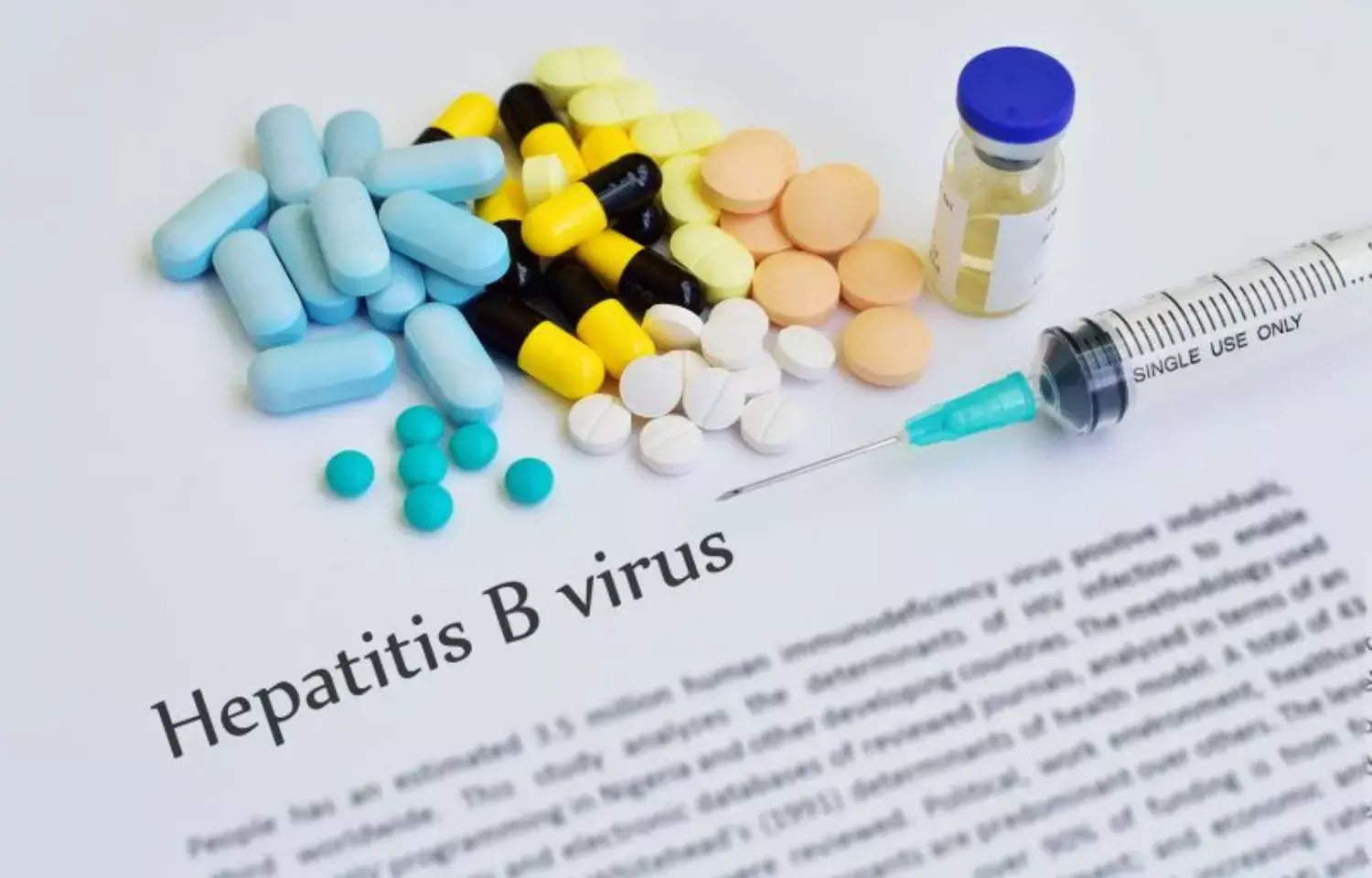- Home
- Medical news & Guidelines
- Anesthesiology
- Cardiology and CTVS
- Critical Care
- Dentistry
- Dermatology
- Diabetes and Endocrinology
- ENT
- Gastroenterology
- Medicine
- Nephrology
- Neurology
- Obstretics-Gynaecology
- Oncology
- Ophthalmology
- Orthopaedics
- Pediatrics-Neonatology
- Psychiatry
- Pulmonology
- Radiology
- Surgery
- Urology
- Laboratory Medicine
- Diet
- Nursing
- Paramedical
- Physiotherapy
- Health news
- Fact Check
- Bone Health Fact Check
- Brain Health Fact Check
- Cancer Related Fact Check
- Child Care Fact Check
- Dental and oral health fact check
- Diabetes and metabolic health fact check
- Diet and Nutrition Fact Check
- Eye and ENT Care Fact Check
- Fitness fact check
- Gut health fact check
- Heart health fact check
- Kidney health fact check
- Medical education fact check
- Men's health fact check
- Respiratory fact check
- Skin and hair care fact check
- Vaccine and Immunization fact check
- Women's health fact check
- AYUSH
- State News
- Andaman and Nicobar Islands
- Andhra Pradesh
- Arunachal Pradesh
- Assam
- Bihar
- Chandigarh
- Chattisgarh
- Dadra and Nagar Haveli
- Daman and Diu
- Delhi
- Goa
- Gujarat
- Haryana
- Himachal Pradesh
- Jammu & Kashmir
- Jharkhand
- Karnataka
- Kerala
- Ladakh
- Lakshadweep
- Madhya Pradesh
- Maharashtra
- Manipur
- Meghalaya
- Mizoram
- Nagaland
- Odisha
- Puducherry
- Punjab
- Rajasthan
- Sikkim
- Tamil Nadu
- Telangana
- Tripura
- Uttar Pradesh
- Uttrakhand
- West Bengal
- Medical Education
- Industry
Hydronidone- a novel antifibrotic add-on therapy for liver fibrosis in chronic hepatitis B

China: A new Investigational drug hydronidone, when used with entecavir showed clinically significant efficiency and safety in patients with chronic hepatitis B (CHB) associated liver fibrosis, reports a phase 2 trial data published in Clinical Gastroenterology and Hepatology.
WHO estimated 296 million people with chronic hepatitis B (CHB) infections globally and 820,000 chronic hepatitis B(CHB) related deaths. Hepatitis B virus (HBV) infection frequently leads to liver fibrosis and is the leading cause of hepatocellular carcinoma (HCC) and cirrhosis. Currently, there is no specific treatment for CHB-associated liver fibrosis.
Antiviral treatment has been associated with the reversal of fibrosis/cirrhosis in CHB patients. Pirfenidone is an orally available pyridone analog that inhibits collagen formation and is approved for the treatment of idiopathic lung fibrosis. Previous studies have demonstrated the efficiency of pirfenidone to improve fibrosis in liver fibrotic patients with different etiologies but it also presented severe adverse events. Hydronidone is a novel structural modification of pirfenidone to reduce hepatoxicity. There is no data on whether the addition of an antifibrotic agent to nucleos(t)ide analogs could further improve the fibrosis regression in CHB patients.
Xiaobo Cai, Shanghai Jiaotong University School of Medicine, China, and colleagues conducted a phase 2 trial to investigate the safety and efficacy of hydronidone in patients with chronic hepatitis B (CHB) associated liver fibrosis.
Investigators enrolled 168 CHB patients with liver fibrosis for a 52-week week multicenter, randomized, double-blind, placebo-controlled, phase 2 study. Patients were randomly assigned into receiving daily placebo(n-43) or hydronidone orally(n-125) [180 mg/day ,270 mg/day or 360 mg/day].All enrolled patients also received entecavir 0.5 mg/day. A second liver biopsy was performed at week 52. The primary endpoint was defined as fibrosis improvement (reduction of at least one Ishak score at week 52 of treatment).
Key findings of the trial data,
• The fibrosis improvement endpoint was achieved by 25.6% of patients in the placebo group and 40.5% of patients in the 180 mg group, 54.8%patients in the 270 mg group, and 43.90% of patients in the 360 mg group.
• The combined hydronidone group showed an improvement rate of 46.4%.
• The overall safety profile and incidence of serious adverse events were similar among the groups.
The authors conclude that entecavir plus hydronidone in a dose range of 270 mg/day showed a higher rate of clinically significant histological improvement of liver fibrosis with few adverse events in CHB patients compared to entecavir alone. Thus, The addition of antifibrotic agent hydronidone to entecavir may promote fibrosis regression in patients with CHB.
Further studies are required to assess the long-term effectiveness of hydronidone plus entecavir in the regression of hepatic fibrosis, the authors wrote.
Reference:
Xiaobo Cai ,Xuehan Liu ,Wen Xie,Ping Yin, Jun Cheng, Lungen Lu. Open Access. Published: July 13, 2022.
DOI:https://doi.org/10.1016/j.cgh.2022.05.056
BDS
Dr. Hiral patel (BDS) has completed BDS from Gujarat University, Baroda. She has worked in private dental steup for 8years and is currently a consulting general dentist in mumbai. She has recently completed her advanced PG diploma in clinical research and pharmacovigilance. She is passionate about writing and loves to read, analyses and write informative medical content for readers. She can be contacted at editorial@medicaldialogues.in.
Dr Kamal Kant Kohli-MBBS, DTCD- a chest specialist with more than 30 years of practice and a flair for writing clinical articles, Dr Kamal Kant Kohli joined Medical Dialogues as a Chief Editor of Medical News. Besides writing articles, as an editor, he proofreads and verifies all the medical content published on Medical Dialogues including those coming from journals, studies,medical conferences,guidelines etc. Email: drkohli@medicaldialogues.in. Contact no. 011-43720751


